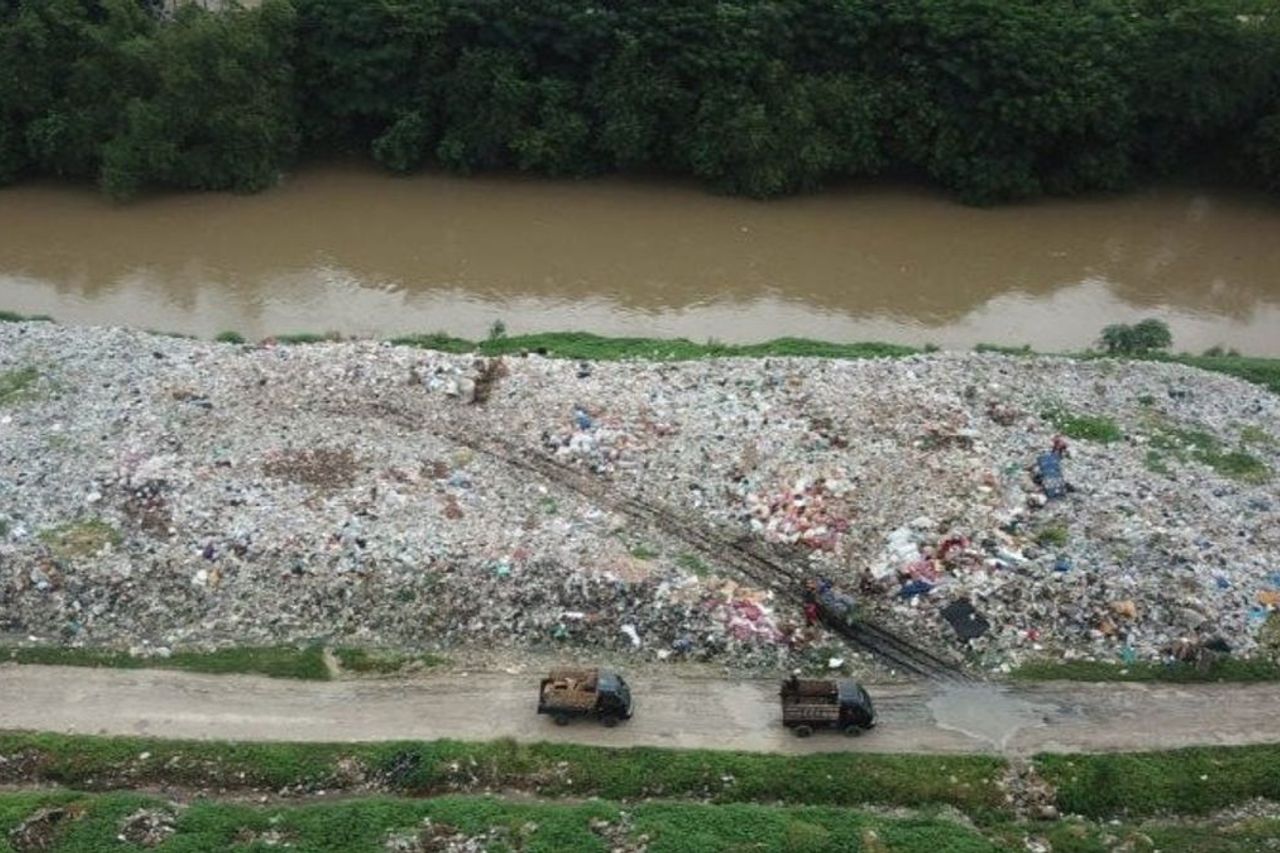Reduce Methane Gas Pollution, KLHK Targets Stop TPA Development By 2030

JAKARTA - The Ministry of Environment and Forestry (KLHK) said that the construction of the final disposal site or TPA in Indonesia will only be stopped in 2030.
Director General of Waste Management, Waste and B3 of the Ministry of Environment and Forestry Rosa Vivien Ratnawati said the move was to reduce the pollution of methane gas from waste and waste that affects the climate.
"TPA produces methane gas and produces greenhouse gas emissions. We have aspirations in 2030 that we will not build other TPAs and in 2040 there will be no more TPAs," he said at a press conference at the Manggala Wanabakti Building, Jakarta, Wednesday, January 1, confiscated by Antara.
Vivien explained that waste reduction and management activities must be carried out optimally so as not to meet the TPA and not to cause bad impacts on the environment. This effort is also in line with the zero waste target by 2030.
In the range from 2030 to 2040, the government applies a waste mining method by taking the remaining old waste to be processed into briquettes.
"Progressing countries, such as Denmark, the final shelter only accommodates six percent because the waste can be managed. Indonesia should be able to do the same," said Vivien.
Based on data from the National Waste Management Information System (SIPSN) in 2022, the emergence of waste in Indonesia is 18.30 million tons per year, the waste reduction rate is 4.89 million tons per year or equivalent to 26.72 percent, and waste management reaches 9.25 million tons per year or equivalent to 50.55 percent.
Then, managed waste data as much as 14.14 million tons per year or equivalent to 77.28 percent and unmanaged waste as much as 4.16 million tons per year or equivalent to 22.72 percent.
SIPSN also noted that the composition of waste by type is dominated by food waste as much as 41.9 percent, plant waste (layer, branches, and leaves) 12 percent, paper waste or cardboard 10.7 percent, plastic waste 18.7 percent, and other waste 6.9 percent.
Meanwhile, the composition of waste based on waste sources is still dominated by households with a figure of 37.6 percent, traditional markets 16.6 percent, and commercial centers reaching 22.1 percent.
The achievement of waste management performance is the result of data collection carried out by 146 regencies and cities in Indonesia in 2022.
"We invite the public to be more aware of the problem of waste and in the end it will no longer produce waste," he concluded.


